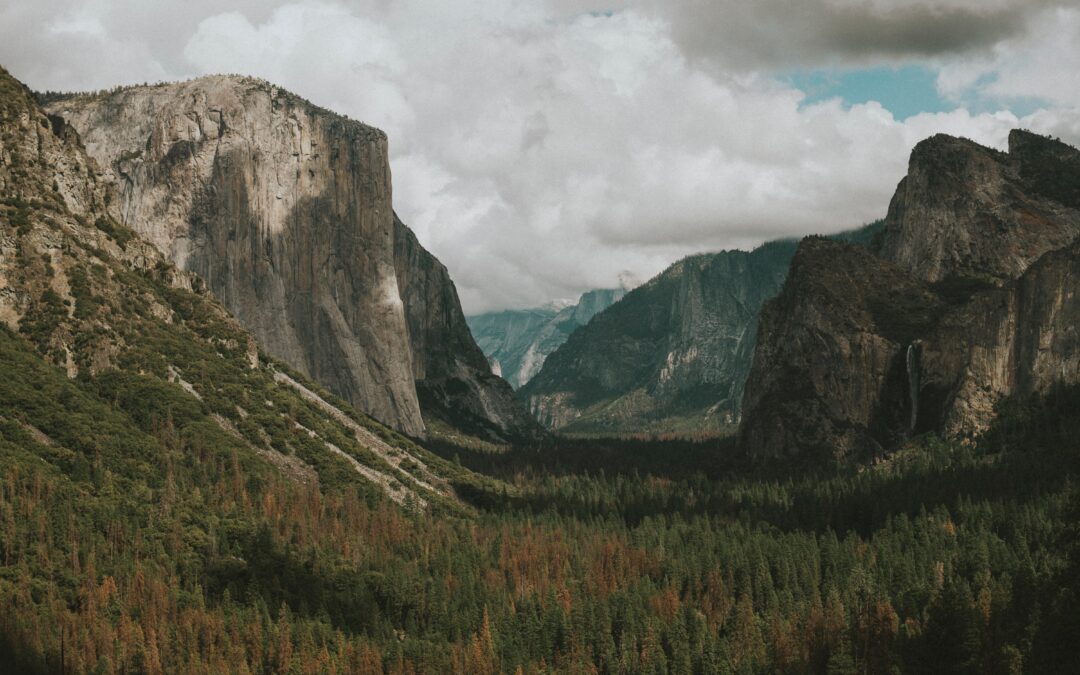Let’s take a field trip to see the mercy of God. It’s a short journey. We are already perfectly situated at the bottom of the deepest gorge any of us have ever seen. Although we arrived here together, the rest of the experience is for each of us as an individual. Looking up, you can just make out a figure at the top of the ridge; perhaps a person, but not quite. It doesn’t take long for you to realize that except for its ghostly nature—you can’t quite see it unless you avert your vision; it is translucent, ethereal even when you can make it out—the form is you; or rather, would be you. The image is what you know you should be, but are not. Far removed from the desolate valley floor where we stand is the person God created; the now shadow to whom God originally offered peaceful walks together in the cool of the evening.
At the bottom of our chasm, we see no way to climb the ridge to meet with God. And if God were to venture here, we would not be prepared to receive him. At best, we would be embarrassed for him to see our burred clothes and burned skin. Words fail when we realize that the God who offered to walk with us on the ridge has descended to the bottom of our abyss to walk with us here; that he has “humbled Himself and become obedient to the point of death, even the death of the cross” (Philippians 2). The enormous gulf between who we are and who we know we should be is our first glimpse of mercy.
As great as it is, that gulf represents less than half of mercy’s magnitude. In the Holy Spirit’s conviction, scripture’s law, even our own conscience, we can measure the difference between who we should be and who we are, even if inaccurately. But from our floor in the canyon, we have no means whatsoever for measuring God’s condescension from heaven itself to the top of the ridge. Our grasp of mercy for now is bounded by the difference between the world we should have made and the one we did. And it seems axiomatic that the difference between a perfect human and the actual one is less significant than between a perfect human and Almighty God. “Who is like the Lord our God, who dwells on high, who humbles Himself to behold the things that are in the heavens and in the earth?” (Psalm 113).
This week, may the way we treat others reflect our awe that God’s kindness and mercy traverse the distance between eternity and creation, and between his perfection and our reality.

